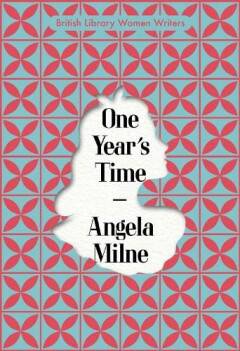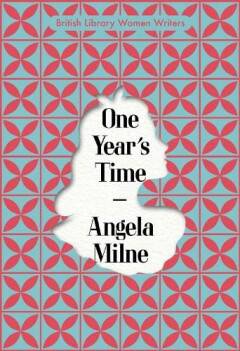
En raison d'une grêve chez bpost, votre commande pourrait être retardée. Vous avez besoin d’un livre rapidement ? Nos magasins vous accueillent à bras ouverts !
- Retrait gratuit dans votre magasin Club
- 7.000.000 titres dans notre catalogue
- Payer en toute sécurité
- Toujours un magasin près de chez vous
En raison de la grêve chez bpost, votre commande pourrait être retardée. Vous avez besoin d’un livre rapidement ? Nos magasins vous accueillent à bras ouverts !
- Retrait gratuit dans votre magasin Club
- 7.000.0000 titres dans notre catalogue
- Payer en toute sécurité
- Toujours un magasin près de chez vous
Description
Liza thought, we can't go on if we're not married. We're marking time. When we were in London and he went out in the evenings, I was jealous if it was a woman, and if it was a man I was resentful, and I thought, he doesn't want me to meet his friends. And when I did, either I was his girl friend or some one he had known a long time and would never be in love with, according to the occasion. And all the time I was waiting to be me. It's New Year's Day and Liza is painting her floor. Walter, who she met at the party the night before, arrives unexpectedly, and they immediately start a sexual relationship, dividing their nights between his flat and hers. The relationship continues through the course of the year, with the couple even posing as a married couple at one point. But Liza is frustrated by Walter's lack of commitment, finding herself continually compromising her dreams and her work to fit in with Walter's ambitions, and increasingly questioning why she bends her personality in an effort to convince him she'd make the perfect wife. As the year draws to a close, she decides to take control. Part of a curated collection of forgotten works by early to mid-century women writers, the British Library Women Writers series highlights the best middlebrow fiction from the 1910s to the 1960s, offering escapism, popular appeal and plenty of period detail to amuse, surprise and inform.
Spécifications
Parties prenantes
- Auteur(s) :
- Editeur:
Contenu
- Nombre de pages :
- 288
- Langue:
- Anglais
- Collection :
Caractéristiques
- EAN:
- 9780712354578
- Date de parution :
- 07-05-24
- Format:
- Livre broché
- Format numérique:
- Trade paperback (VS)
- Dimensions :
- 132 mm x 188 mm
- Poids :
- 249 g

Les avis
Nous publions uniquement les avis qui respectent les conditions requises. Consultez nos conditions pour les avis.






